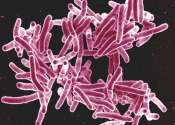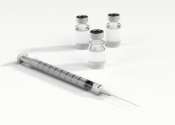Polio in Gaza: What does this mean for the region and the world?
As war continues to devastate Gaza and its people, we learnt last week that a variant of poliovirus has been detected in the region. The virus was isolated in six sewage samples collected in late June from Khan Younis and ...
20 hours ago
0
2









